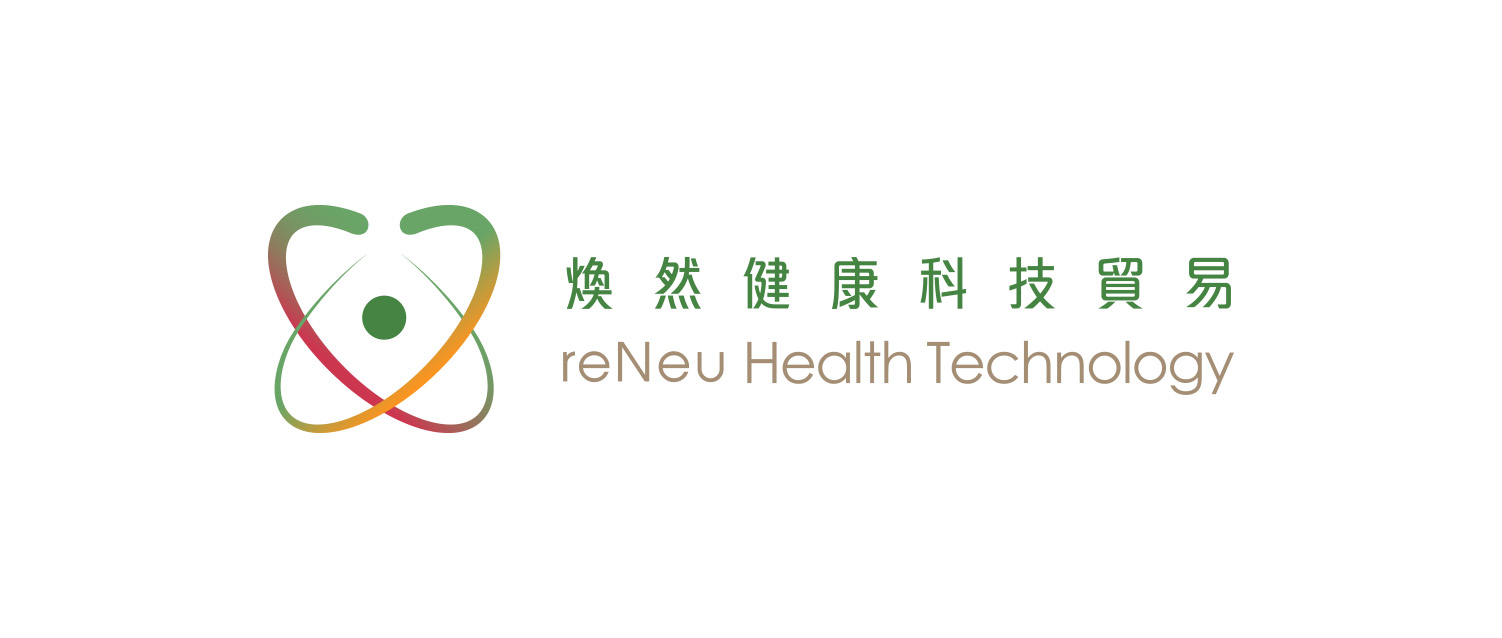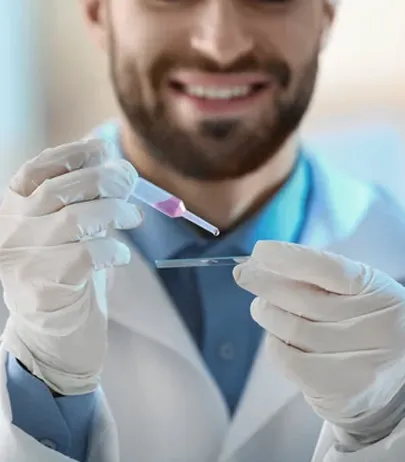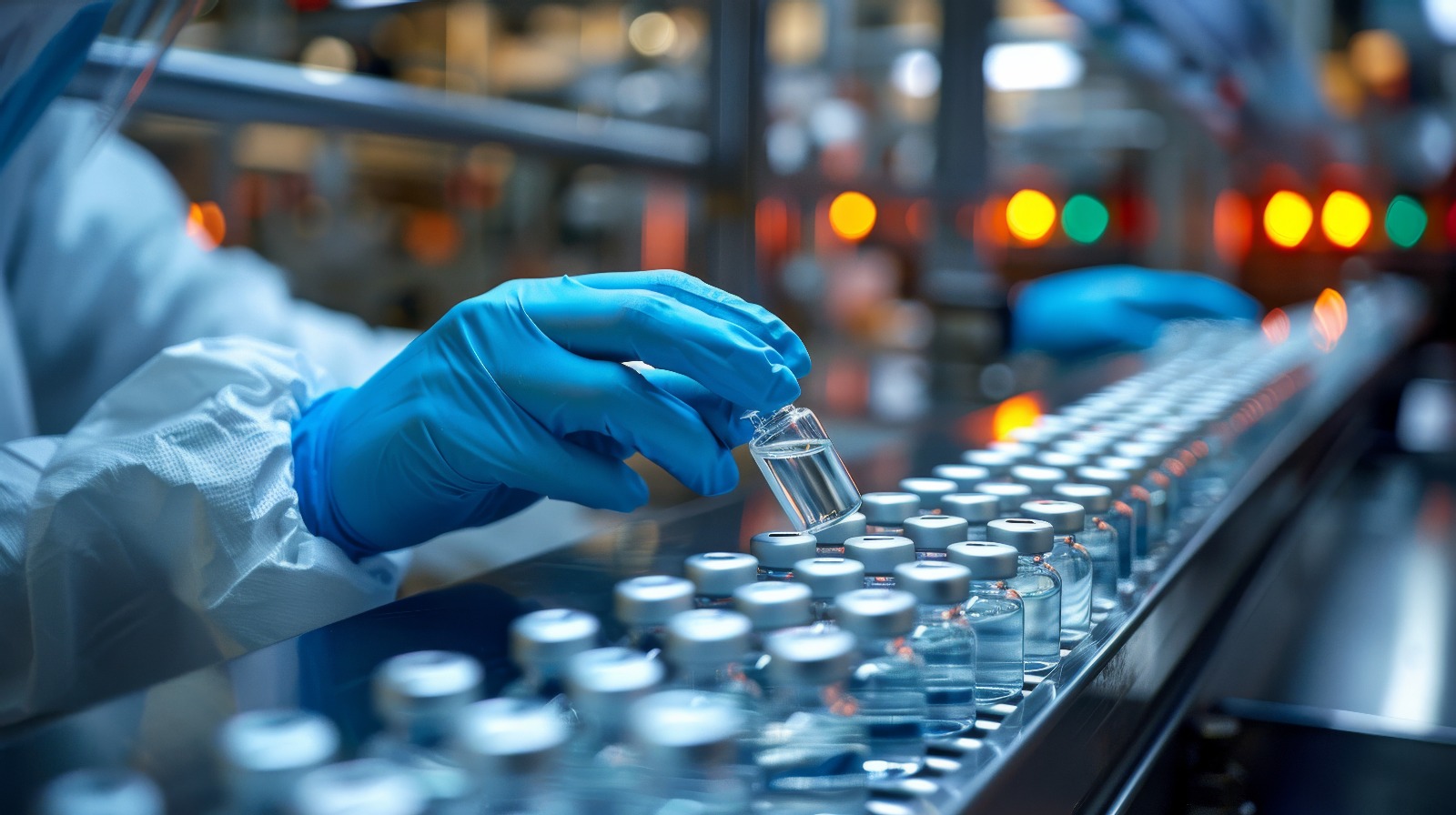Reneu Health Technology Trading Ltd

Reneu Health Technology Trading Ltd
Reneu Health Trading is the exclusive sales agent for HeXie (Beijing) Bio medical Research Co., Ltd. in the Hong Kong Special Administrative Region.
HeXie Biomedical‘s parent company, HeXie (Harmocell) Technology, is a high-tech enterprise focused on international scientific research and translational applications. It aims to create a leading platform for ethical stem cell research, services, and industrial development.
HeXie Technology’s main business includes the preparation and storage of biological resources, pharmacological research and application, engineering product research, clinical trials for specific diseases, health research, and collaborations in the stem cell industry.

HeXie Technology has established close clinical research and experimental partnerships with over 200 well-known medical institutions, including Peking Union Medical College Hospital. These collaborations cover various fields such as neurology, orthopedics, dermatology, chronic disease prevention, and health management, accumulating rich practical experience and clinical data, successfully applying for several national research projects. The HeXie Technology Center’s laboratory, located in Beijing, covers about 1,200 square meters and is fully built according to GMP standards, including cleanrooms and various specialized laboratories.
As of December 2023, HeXie Technology has applied for 47 invention patents, 12 utility model patents, 11 software registrations, and 112 registered trademarks. It has also established extensive collaborations with multiple research institutions and universities, including Peking Uni on Medical College Hospital, Tsinghua University, and Peking University.

HeXie Biomedical and its parent company are certified to provide technology and services that comply with national and medical ethical standards, ensuring the quality and safety of t heir products and services.
Medical Service Technology Products from HeXie Biomedical
reNeu Health Technology Trading Ltd is the exclusive agent for HeXie Biomedical’s stem cell medical technology services in Hong Kong and currently offers three types of human umbilical cord blood stem cell injections, including: umbilical cord mesenchymal stem cells, umbilical cord-derived CIK cells, and umbilical cord-derived NK cells.

Umbilical Cord Mesenchymal Stem Cells (MSCs)
These stem cell s are sourced from umbilical cord tissue and can differentiate into bone cells, cartilage cells, fat cells, and muscle cells. They play an important role in tissue repair, modulate immune responses, and reduce inflammation, making them beneficial for treating autoimmune diseases and transplant rejection.

Umbilical Cord-Derived CIK Cells
CIK cells are generated from T cells and NK cells in peripheral blood, induced by cytokines. They effectively identify and attack tumor cells and virus-infected cells, showing good results in treating various cancers, especially in advanced cancer patients.

Umbilical Cord-Derived NK Cells
These cells come from umbilical cord blood or tissue and are crucial components of the innate immune system. NK cells can quickly recognize and destroy virus-infected and tumor cells, making them valuable in cancer immunotherapy, especially for pati ents with suppressed immune systems.
Basic Knowledge in Blood Cord Stem Cell
Umbilical cord blood stem cells are extracted from the blood of newborns’ umbilical cords. These stem cells are primarily hematopoietic stem cells, capable of differentiating into various blood cells, including red blood cells, white blood cell s, and platelets. Their main characteristic is higher immune tolerance, making them easier to match for transplants with a lower risk of rejection.
Autologous adipose-derived stem cells are extracted from an individual’s fat tissue and include mesenchymal stem cells that aid in tissue repair and regeneration. These stem cells are mainly used in tissue regeneration, orthopedic surg ery, and cosmetic medicine.
Key Differences:
- Source:
– Umbilical cord blood stem cells: Sourced from newborns’ um bilical blood.
– Autologous adipose-derived stem cells: Sourced from the individual’s fat tissue.
- Primary Use:
– Umbilical cord blood stem cells: Used for treating blood-related diseases such as leukemia and lymphoma.
– A tologous adipose- derived stem cells: Used for tissue repair, cosmetic procedures, and joint regeneration.
- Immune Respons*:
– Umbilical cord blood stem cells: Higher immune tolerance due to their origin from newborns.
– Autologous adipose-derived stem cells: L ower rejection risk since they come from the individual.
- Special Application Value:
– Umbilical Cord Blood Stem Cells:
– Used to treat various blood disorders and some genetic diseases.
– Can be stored for future treatments.
– **Autologous Ad ipose-Derived Stem Cells**:
– Used in cosmetic surgery for filling and regeneration.
– Applied in orthopedics and regenerati ve medicine for tissue repair.
Both types of stem cells play important roles in the medical field, each with its advantages and specific applications.
Umbilical cord blood stem cells can generally be classified into the following types, each with dist inct functions and applications:
**Hematopoietic Stem Cells (HSCs)**:
– **Function**: HSCs can differentiate into all typ es of blood cells, including red blood cells, white blood cells, and platelets. They are primarily used to treat blood-related d iseases such as leukemia and aplastic anemia.
– **Application**: Rich in HSCs, umbilical cord blood is often used for hematop oietic stem cell transplantation to rebuild the patient’s blood system.
- **Mesenchymal Stem Cells (MSCs)**:
– **Function** : MSCs can differentiate into various cell types, including fat, bone, and cartilage, and have the potential to promote tissue r epair and regeneration by releasing various cytokines.
– **Application**: Used in treating orthopedic, cardiovascular, and ne urological diseases, with broad applications in tissue engineering and regenerative medicine.
**Induced Pluripotent Stem Cel ls (iPSCs)**:
– **Function**: iPSCs are derived from adult cells that have been reprogrammed to have pluripotent properties, enabling differentiation into almost all cell types.
– **Application**: While not directly derived from umbilical cord blood, iPSCs can be researched in conjunction with umbilical cord blood stem cells for disease modeling, drug testing, and regenerativ e medicine.
**Natural Killer Cells (NK Cells)**:
– **Function**: NK cells can quickly identify and kill tumor cells and v irus-infected cells, playing a crucial role in the innate immune system.
– **Application**: Used in cancer immunotherapy, par ticularly effective against certain tumors and viral diseases.
**Cytokine-Induced Killer Cells (CIK Cells)**:
– **Functio n**: CIK cells are T cells induced by cytokines, combining properties of T and NK cells to effectively kill tumor cells.
– ** Application**: Demonstrating good efficacy in cancer treatment, especially against tumors with specific antigens.
**Summary**:
Umbilical cord blood stem cells can be classified into several types, each with unique functions and applications, ranging from treating blood diseases to tissue regeneration and cancer immunotherapy, highlighting their significant value in modern medicine .
CIK (Cytokine-Induced Killer) cells and NK (Natural Killer) cells derived from umbilical cord blood play imp ortant roles in cancer treatment, but they differ in origin, function, and mechanisms of action.
**Key Differences**:
Cel l Type:
– **CIK Cells**: Derived from T cells through cytokine induction, usually proliferated and activated by cytokines like IL-2 and IFN-γ. They combine features of T and NK cells, exhibiting strong anti-tumor activity.
– **NK Cells**: Part of t he innate immune system, capable of quickly recognizing and killing tumor cells and virus-infected cells without prior activation.
Mechanism of Action:
– **CIK Cells**: Kill tumor cells by releasing cytokines and through direct cell contact. The y can recognize various tumor cells and have some antigen specificity, making them effective against tumors with specific antige ns.
– **NK Cells**: Primarily identify and kill tumor cells through non-specific mechanisms, relying on surface receptors to recognize target cell abnormalities. They respond quickly and are crucial in early immune responses.
Anti-Cancer Effective ness:
– **CIK Cells**: Clinical studies have shown good efficacy against various cancers, especially for tumors with specif ic antigens. Their proliferation and activity can be enhanced by cytokines, providing potential in cancer immunotherapy.
– ** NK Cells**: Also show strong potential in cancer treatment, particularly against untreated tumors. Their rapid response and broa d killing capability make them vital in cancer immunotherapy.
Summary:
Both CIK and NK cells have advantages in cancer trea tment. CIK cells may be more effective against tumors with specific antigens, while NK cells are noted for their rapid response and broad killing ability. The choice between the two typically depends on the specific tumor characteristics and treatment stra tegy.
A thorough health check before stem cell injection therapy is crucial for several reasons:
**Determine Indications**: The health check helps doctors assess whether a patient is suitable for stem cell therapy and if they meet the treatment’s indications.
**Evaluate Health Status**: It assesses the patient’s overall health, including the function of vital organs such as the heart, lungs, liver, and kidneys , which is essential for ensuring treatment safety.
**Identify Potential Risks**: A health check can uncover potential health issues or risk factors, such as infections or allergies, that may affect the treatment process and outcomes.
**Develop Personalized Treatment Plans**: Through the health check, doctors can create tailored treatment plans based on the patient’s specific situation, including the source of stem cells, injection methods, and dosages.
**Monitor Treatment Effectiveness**: Health check results serve as a baseline for monitoring and evaluating treatment effectiveness during the therapy process, ensuring its safety and efficacy.
**Understand Patient Expectations**: During the health check, doctors can communicate with patients to understand their expectations and needs, helping them make informed decisions.
Summary:
A comprehensive health check not only helps ensure the safety and efficacy of stem cell therapy but also provides a thorough health assessment for patients, laying the foundation for successful treatment. It is an important step to ensure patients achieve the best outcomes during stem cell therapy.
Conducting latent cancer gene testing and detoxification testing before stem cell injection therapy is important f or several reasons:
Latent Cancer Gene Testing
**Assess Cancer Risk**: This testing helps identify if patients carry ge ne mutations associated with cancer. This is vital for determining potential cancer risks, especially since stem cell therapy ma y affect the immune system.
**Develop Personalized Treatment Plans**: The results can guide doctors in creating appropriate treatment plans. If a patient has a high cancer risk, different stem cell sources or treatment strategies may be chosen to mitig ate potential risks.
**Prevention and Monitoring**: If latent cancer genes are detected, doctors can establish monitoring pl ans for early detection and intervention of possible cancer.
### Detoxification Testing
**Assess Toxin Levels**: Detoxifica tion testing helps evaluate the levels of toxins, heavy metals, or other harmful substances in the patient’s body. These toxins may influence stem cell function and the effectiveness of treatment.
**Ensure Treatment Safety**: If harmful substances are found at elevated levels, detoxification may be necessary to ensure the patient’s safety during stem cell therapy and reduce adv erse reaction risks.
**Enhance Treatment Effectiveness**: Removing toxins can improve the patient’s overall health, potentia lly enhancing the effectiveness of stem cell therapy. A healthy environment is conducive to the survival and function of stem cells.
**Summary**:
Latent cancer gene testing and detoxification testing are crucial for ensuring the safety and efficacy of stem cell treatment. These tests help assess potential risks, create personalized treatment plans, and increase the odds of successful outcomes, ultimately providing better results for patients.

Basic Questions
Before Stem Cell Treatment
The following eight considerations can be provided for individuals in need of stem cell therapy:
How to choose a high-quality stem cell injection service:


